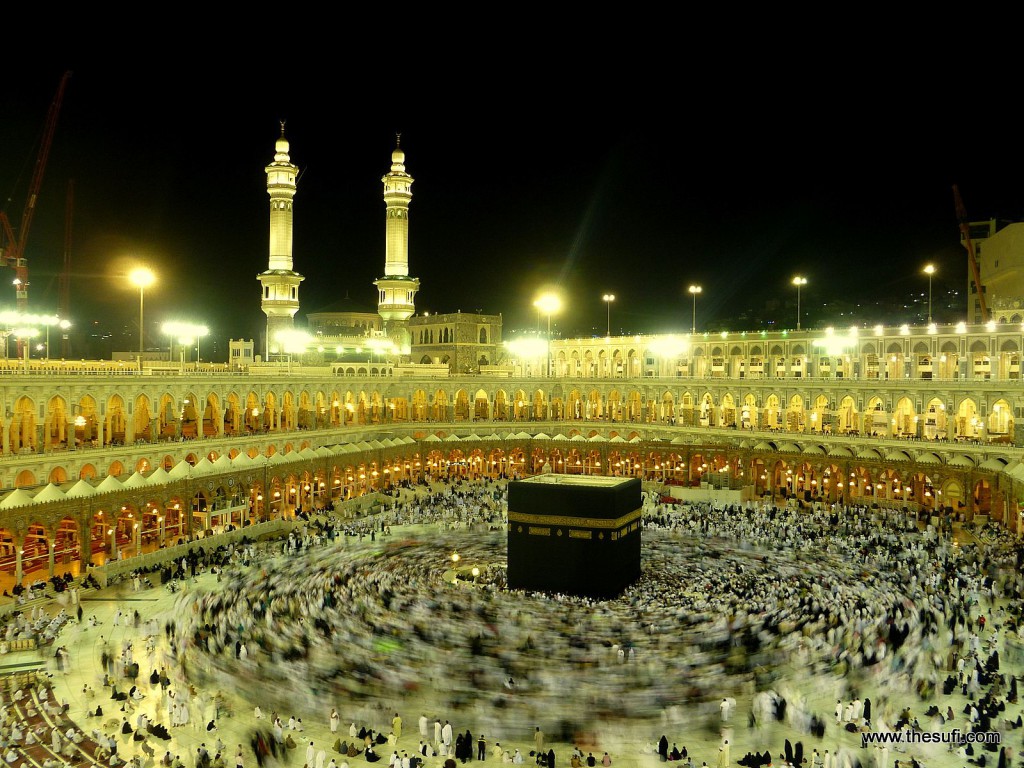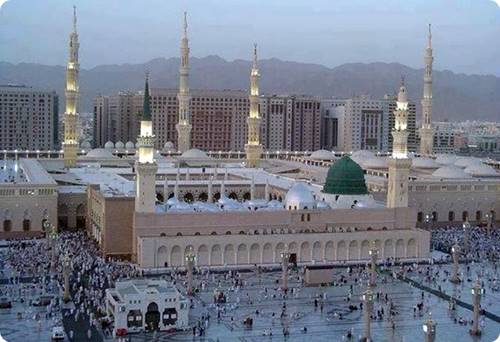How to Do Umrah in Ramadan 2025: A Journey of Faith (and Preparation)
How to Do Umrah in Ramadan 2025: A Journey of Faith (and Preparation)
How to Do Umrah in Ramadan: A Journey of Faith and Preparation
Performing Umrah during Ramadan is a spiritual experience unlike any other. The serenity of the holy cities, the atmosphere of devotion, and the increased reward make this journey a profoundly emotional and spiritual experience. Yet, this sacred pilgrimage requires not only a heart full of faith but also careful planning, especially during Ramadan. Below are five key steps to help ensure your Umrah experience is filled with blessings, comfort, and peace.
1. Flights: Choosing the Right Time to Begin Your Journey
The first step towards Umrah in Ramadan begins with booking your flights. As this holy month is an immensely popular time for pilgrimage, it’s crucial to plan well in advance. Flights tend to fill up quickly, and the prices can surge as Ramadan approaches. Ideally, try to book your tickets months ahead to secure a good deal and preferred timing.
Timing your arrival is important, too. Some pilgrims aim to arrive just before the last ten days of Ramadan, considered the holiest period, while others prefer to be there for the start of the month. Consider the peak crowds and plan your arrival and departure accordingly. A direct flight is often the best option for the elderly or those traveling with young children to avoid the exhaustion of long layovers.

Makkah – Pilgrims orbiting Kaaba
2. Hotels: Finding Comfort Close to the Haram
Finding the right accommodation in Makkah and Madinah can greatly influence the comfort of your Umrah, especially during the fasting month of Ramadan. Proximity to the Haram (the Holy Mosque) is crucial, especially if you are traveling with children or elderly family members. The closer you stay, the easier it will be to attend prayers and return to your hotel for Suhoor (pre-dawn meal) or Iftar (the meal to break your fast).
However, the closer you are to the Haram, the more expensive the hotels become. Weighing convenience against budget is an important part of your decision. Many pilgrims book their stay as early as possible, months before Ramadan, to find affordable rooms near the mosque. When choosing your hotel, make sure to check for essential amenities like air conditioning, lifts, and wheelchair accessibility.
3. Planning Transport for Ziyarah: Visiting Sacred Sites
A beautiful part of the Umrah experience is visiting the sacred historical sites in Makkah and Madinah, known as Ziyarah. Sites like Jabal Al-Noor (the Mountain of Light), the Cave of Hira, or the Masjid Quba in Madinah allow pilgrims to connect with the profound history of Islam.
To make the most of your visit, it’s advisable to arrange transport for Ziyarah ahead of time. Many hotels offer Ziyarah tours, which can be convenient and ensure you don’t miss out on significant locations. Alternatively, private transport services allow for more flexibility, especially when traveling with elderly family members who may need extra time or comfort during these trips.
During Ramadan, the days are long, and the weather can be harsh. It’s important to plan your Ziyarah trips during cooler parts of the day, either after Fajr (dawn prayer) or just before Maghrib (sunset prayer), ensuring you stay hydrated and comfortable.

Madina Munawara photo
4. Traveling with Kids and Elderly: Ensuring Comfort for All
Traveling for Umrah in Ramadan with young children and the elderly requires extra consideration. The heat, fasting, and large crowds can be particularly challenging, but with thoughtful planning, the journey can be made easier for everyone.
For children, it’s important to explain the significance of Umrah and involve them in the journey spiritually. Keeping them hydrated, rested, and engaged is key. Bringing along their favorite snacks for Iftar, light entertainment for hotel stays, and making sure their clothing is light and breathable will help keep them comfortable. For elderly relatives, ensuring mobility aids such as wheelchairs are available and accessible is crucial. The Masjid Al-Haram offers wheelchair services, and many pilgrims hire private helpers for additional support.
It’s also essential to allow for plenty of rest throughout the day. Ramadan is physically demanding, and balancing the spiritual aspects with personal well-being ensures the experience remains uplifting rather than overwhelming.
5. Food and Other Essentials: Nourishment for the Body and Soul
Ramadan is a time when the simple act of eating takes on a deep spiritual meaning. In Makkah and Madinah, the Iftar spread at the mosques is a sight to behold — generous meals offered to thousands of fasting pilgrims. However, it’s wise to prepare for your personal needs, too.
While many hotels offer Suhoor and Iftar meals, you may find it helpful to stock up on simple snacks like dates, nuts, and fruits for the fasting hours. Be mindful of the local cuisine if you have dietary restrictions, and seek out supermarkets or cafes that cater to your needs.
In addition to food, be prepared with basic supplies. Comfortable shoes, sunscreen, extra Ihram garments (the attire for men during Umrah), and a portable prayer mat can make your journey smoother. Remember, the weather can be unforgiving, so staying hydrated and avoiding exposure to the midday heat are essential, particularly for the elderly and children.
Undertaking Umrah in Ramadan is a journey that requires the delicate balance of spiritual intention and practical preparation. It is a pilgrimage of the heart and soul, but also of patience and planning. With the right steps, from booking flights early to ensuring the comfort of children and elderly family members, you can make your experience one that leaves lasting memories of faith, devotion, and profound connection with Allah during this blessed month.


![Mevlana Rumi Shrine [Museum] Entrance](https://www.thesufi.com/wp-content/uploads/mevlana_rumi_shrine_headboard2-520x245.jpg)
